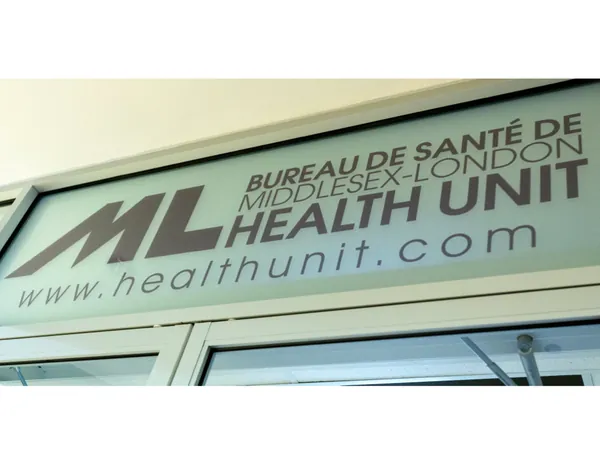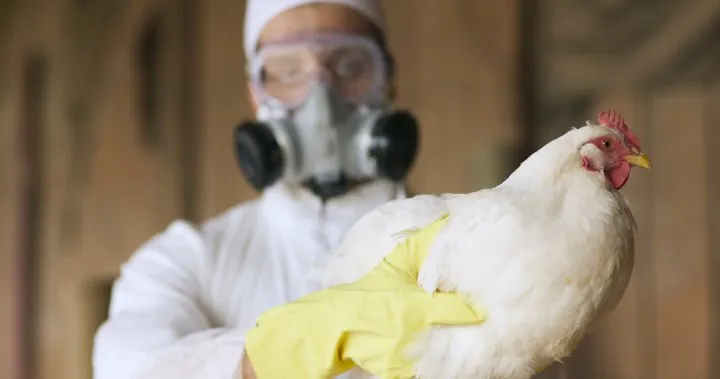
Everything You Need to Know About RSV: Symptoms, Vaccine Availability, and More!
2024-11-04
Author: Olivia
What Exactly is RSV?
RSV is primarily known for causing mild cold-like symptoms in many individuals, but it can escalate into more severe respiratory issues for young children, the elderly, and those with compromised immune systems. It is one of the most common respiratory viruses affecting infants and can lead to bronchiolitis and pneumonia in severe cases.
The Seasonal Spike: When to Expect RSV
Typically, RSV activity begins to surge around November and can linger until March or April. Public Health Ontario has already reported several RSV outbreaks this season, indicating a concerning trend. Experts warn that, similar to flu and COVID-19, RSV cases are expected to increase significantly in the upcoming weeks, placing further strain on hospital capacities.
How is RSV Transmission Occurring?
The transmission of RSV happens through respiratory droplets when an infected person coughs, sneezes, or engages in conversation. Moreover, RSV can survive on various surfaces, including toys and utensils, for several hours, making it critical for individuals to practice diligent hygiene. Health authorities recommend frequent hand washing, regular disinfection of surfaces, and staying home when unwell to curb the spread.
Who Can Receive the RSV Vaccine?
The RSV vaccine is available for specific at-risk groups: - **Children:** The vaccine is publicly funded for children aged two and under. - **Pregnant Women:** Women between 32 to 36 weeks of pregnancy are encouraged to get vaccinated through their family physician or obstetrician. - **Older Adults:** High-risk adults over 60, especially those in long-term care facilities or indigenous populations, are also eligible for the vaccine. For those over 60 who don't qualify for the free vaccine, options are available to obtain it via prescription at a pharmacy, albeit at a personal cost.
Current Status in London
As we delve into this respiratory virus season, the Middlesex-London Health Unit has reported limited activity. To date, just one hospitalization related to RSV has been recorded in the area. In contrast, during last year's peak, hospitals were averaging around 14 new RSV admissions weekly. The positive test rate for RSV stands at 1.4% as of mid-October, a stark drop compared to the previous season's highs of over 7%.
Final Thoughts
As the RSV season unfolds, it’s vital to remain vigilant and informed. Taking preventive measures, considering the vaccine if eligible, and being mindful of symptoms can contribute to better health outcomes for everyone, especially the most vulnerable among us. Don’t let RSV catch you off guard this season! Stay tuned for more updates as we continue to monitor the situation and share helpful resources related to RSV, flu, and COVID-19 vaccines!









 Brasil (PT)
Brasil (PT)
 Canada (EN)
Canada (EN)
 Chile (ES)
Chile (ES)
 España (ES)
España (ES)
 France (FR)
France (FR)
 Hong Kong (EN)
Hong Kong (EN)
 Italia (IT)
Italia (IT)
 日本 (JA)
日本 (JA)
 Magyarország (HU)
Magyarország (HU)
 Norge (NO)
Norge (NO)
 Polska (PL)
Polska (PL)
 Schweiz (DE)
Schweiz (DE)
 Singapore (EN)
Singapore (EN)
 Sverige (SV)
Sverige (SV)
 Suomi (FI)
Suomi (FI)
 Türkiye (TR)
Türkiye (TR)